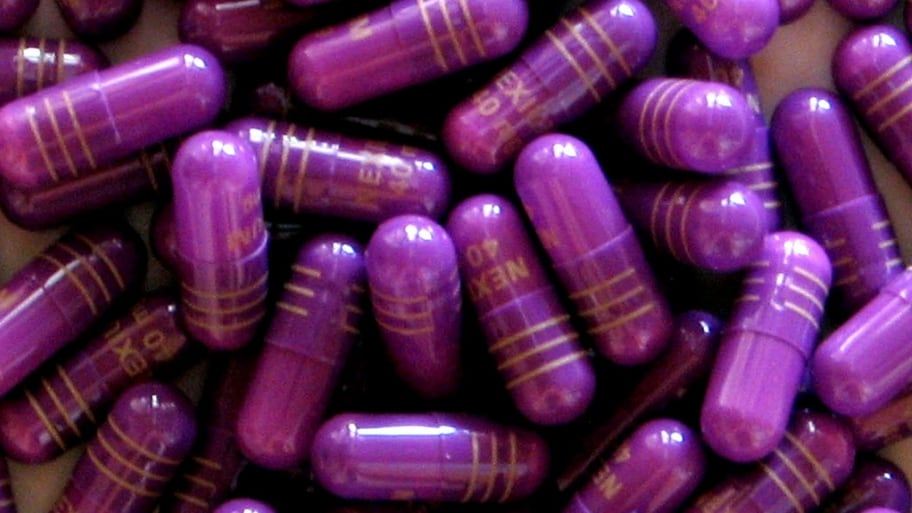An open access observational study has been recently published in BMJ about the risk of death among users of proton pump inhibitors, PPIs. The authors used administrative data from the US department of Veterans Affairs. A cohort of 349,312 patients were included. The analysis showed that over a median follow up of 5.71 years, PPI use was associated with an increased risk of death compared to histamine receptor blocker users. The analysis further showed a graded association between duration of exposure and risk of death. In addition, the association of increased mortality and PPI use was independent of an existing underlying gastrointestinal condition like acid reflux, achalasia, Barrett’s esophagus and esophageal adenocarcinoma.
This study further adds to the growing literature showing increased morbidity and mortality with PPI use. PPIs are available over the counter in Houston and all over the country. Ironically, the OTC PPI bottle does carry the FDA warning of not using the medication for more than 14 days. However, once GERD patients start self-medicating with PPIs, it is hard to stop. GERD is a chronic and progressive medical condition. PPIs heal erosive esophagitis and alleviate heartburn but PPIs do not stop reflux. PPIs do not address the underlying GERD pathophysiology and there is good evidence to suggest that PPIs do not prevent the development esophageal adenocarcinoma.
An increasing number of GERD patients are presenting to Houston Heartburn and Reflux Center who are concerned about PPI side effects. Houstonians and primary care physicians, unlike gastroenterologists, are no longer in favor of long-term PPI treatment of stage 3 and 4 GERD. It is a great time in the history of acid reflux disease management to re-affirm Nissen fundoplication as the most reliable treatment for GERD. A properly performed fundoplication is currently the only effective and safe solution for GERD. Nissen fundoplication addresses several components of GERD pathophysiology that are beyond simple lower esophageal sphincter, LES, reinforcement as LINX™ proponents advocate. GERD is a multifactorial problem and most patients with GERD have normal LES pressure. In my opinion GERD is a form of foregut motility disorder that favors acid and bile reflux. Nissen fundoplication promotes gastro-duodenal emptying thus contributing to the anti-reflux barrier. It may also prevent bile reflux by the same mechanism.
In short, in this day and age, GERD patients have an excellent and safe solution to their problem. You neither have to risk PPI side effects nor suffer from poor acid reflux symptom control. Give us a call and witness the care Houston Heartburn and reflux Center offers.

